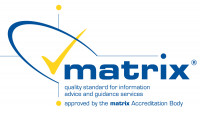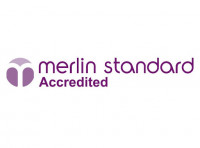Level 2 Certificate in Information, Advice or Guidance
Are you interested in studying one of our counselling courses? UK employers are often interested in candidates who can demonstrate an understanding and commitment to working well and inclusively with others. This qualification covers the topics you need to study to be able to provide excellent and efficient service, including questioning, listening and communicating techniques, the importance of confidentiality and how to overcome barriers.
Course details
Unit 1: Information, advice or guidance in practice
In this unit, you will learn about the various differences between information, advice and guidance and the requirements of different clients and how these are best met. It will also help you to gain in-depth knowledge of the boundaries and responsibilities present when offering information, advice and guidance, including signposting, referrals and record keeping.
Unit 2: Developing interaction skills for information, advice or guidance
Within this unit, you will discover how to interact with clients, executing appropriate and effective questioning techniques, listening skills and non-verbal communication. You will also gain knowledge of the impact of values, beliefs and attitudes on any interactions you may encounter, as well as the importance of confidentiality and impartiality.
Unit 3: Signposting and referral in information, advice or guidance
In this unit, you will gain an understanding of the difference between signposting and referrals – when it is appropriate to refer or signpost an individual organisation’s procedures. Employees will also gain knowledge of good practice when signposting and referring, including recording, monitoring and evaluating.
Unit 4: Information, advice or guidance in context
Within this unit, you will gain an understanding of information, advice or guidance in the context of their own practice and a specific group of clients – exploring different ways of assisting clients to explore and make choices. Knowledge on discriminatory practices and behaviours affecting specific client groups, as well as potential barriers and how to overcome them, are explored within this unit.
Unit 5: Skills for advice providers
This unit provides you with an understanding of the purpose and process of an advice interview, examining the relationship between client and advisor, the advisor’s role, stages of the advice interview and how to ensure client confidentiality. A key part of this section is gaining knowledge of social policy in advice work, negotiating effectively on a client’s behalf and support and action planning.








